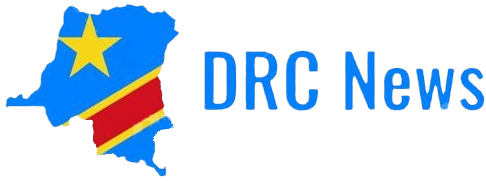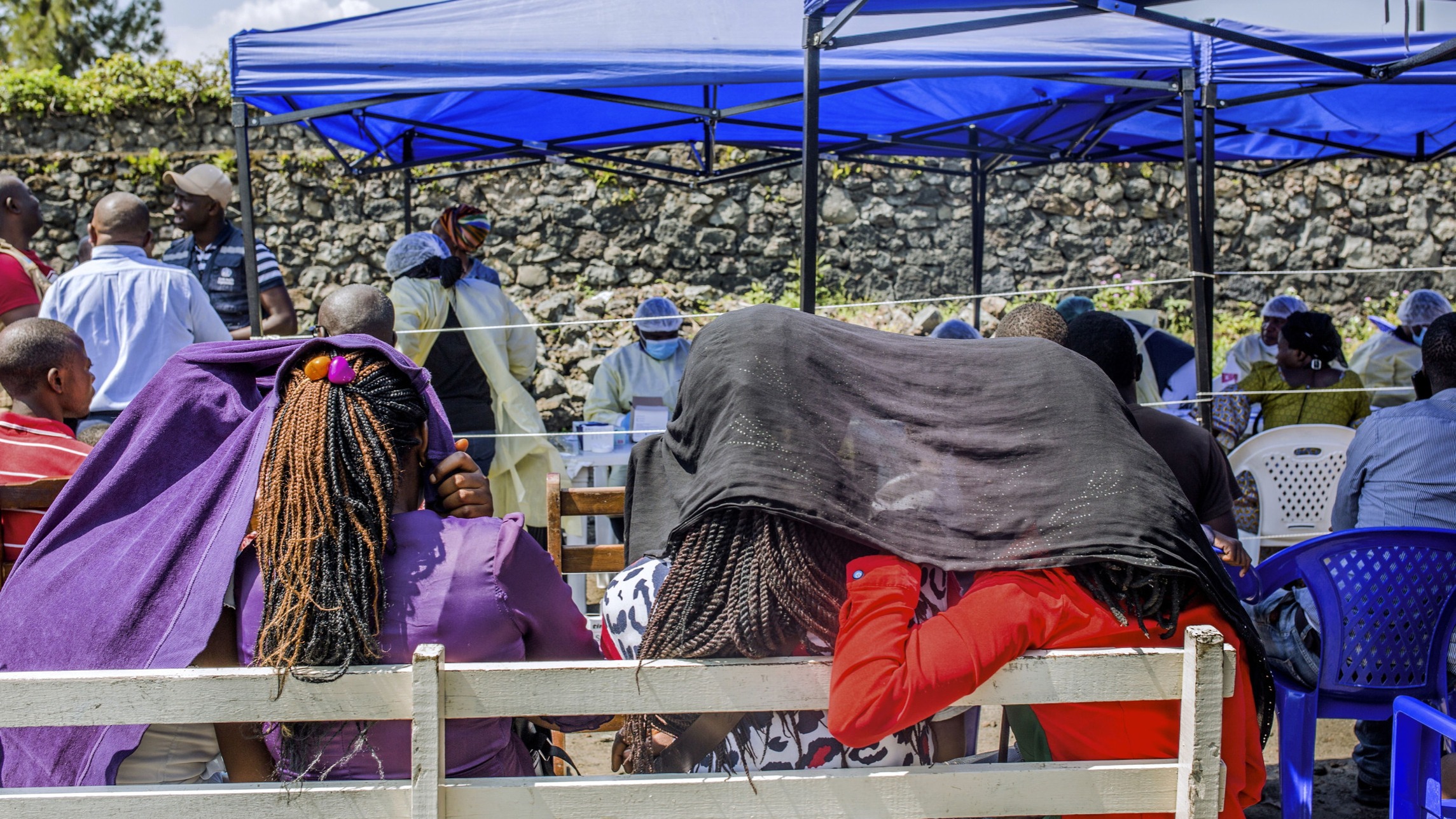The World Health Organization has been urged to pay reparations to victims of sex assault and exploitation by its workers in the Democratic Republic of Congo during an Ebola outbreak in the African country.
Hervé Gogo, a retired judge tasked with leading an independent commission’s review of the health body’s response to the DRC events, said the “UN-standard support” for victims, which has included psychosocial care, legal assistance and job training, “was not sufficient”.
“Not all victims want to be hairdressers or tailors,” he said, calling for support to be broader and better targeted to victims’ needs.
The WHO has struggled to handle the fallout from its biggest sexual misconduct scandal, which took place between 2018 and 2020. The UN agency said it had supported more than 100 victims of abuse in the DRC.
A number of employees were found to have raped and sexually exploited women, sometimes after potential offers of work. In certain cases, perpetrators refused to wear condoms. Some of the victims said they were made to undergo abortions, in certain cases forcibly and “if necessary, by giving them drugs or even injections”.
After reports of misconduct by WHO staffers first emerged, the agency appointed the independent commission in October 2020 to look into the allegations and provide guidance on appropriate reparations.
“We all want really victims to get compensated, the question is how,” said Gogo, noting there was currently no legal provision in the UN that would allow payment of reparations without a court decision.
“Victims are faced with almost an impossible task,” Gogo added, noting victims whose files he had seen, did not know who their abusers were because they had used “fake identities”.
He said “there is a need to change” the WHO and UN’s accountability systems, adding: “It all depends on member states to figure out how to create a mechanism of compensation without waiting for the court process to end.”
Gogo, however, said the WHO’s efforts overall on tackling sexual misconduct were “more than a good start” and that the ultimate goal was to “reinforce the work of prevention and response”.
The WHO has been mired in several scandals both at headquarters and in the field. Gaya Gamhewage, who is leading its work to address sexual misconduct, stressed there was a sense among colleagues that the “culture” at the health body was changing. A number of high-level employees have recently been fired over allegations of sexual misconduct.
But no senior manager has yet been disciplined in relation to events in the DRC, while two officials found to have mismanaged the health body’s response returned to work, the Financial Times reported in May.
The commission’s report is expected to be made publicly available by the end of this month, Gogo said.
CREDIT: Financial Times


